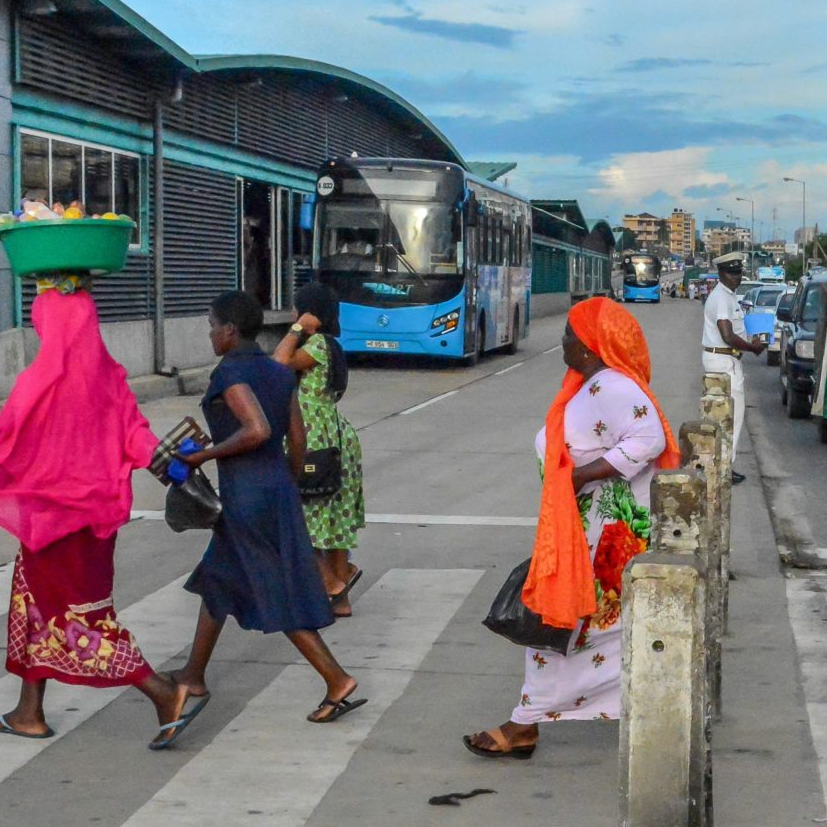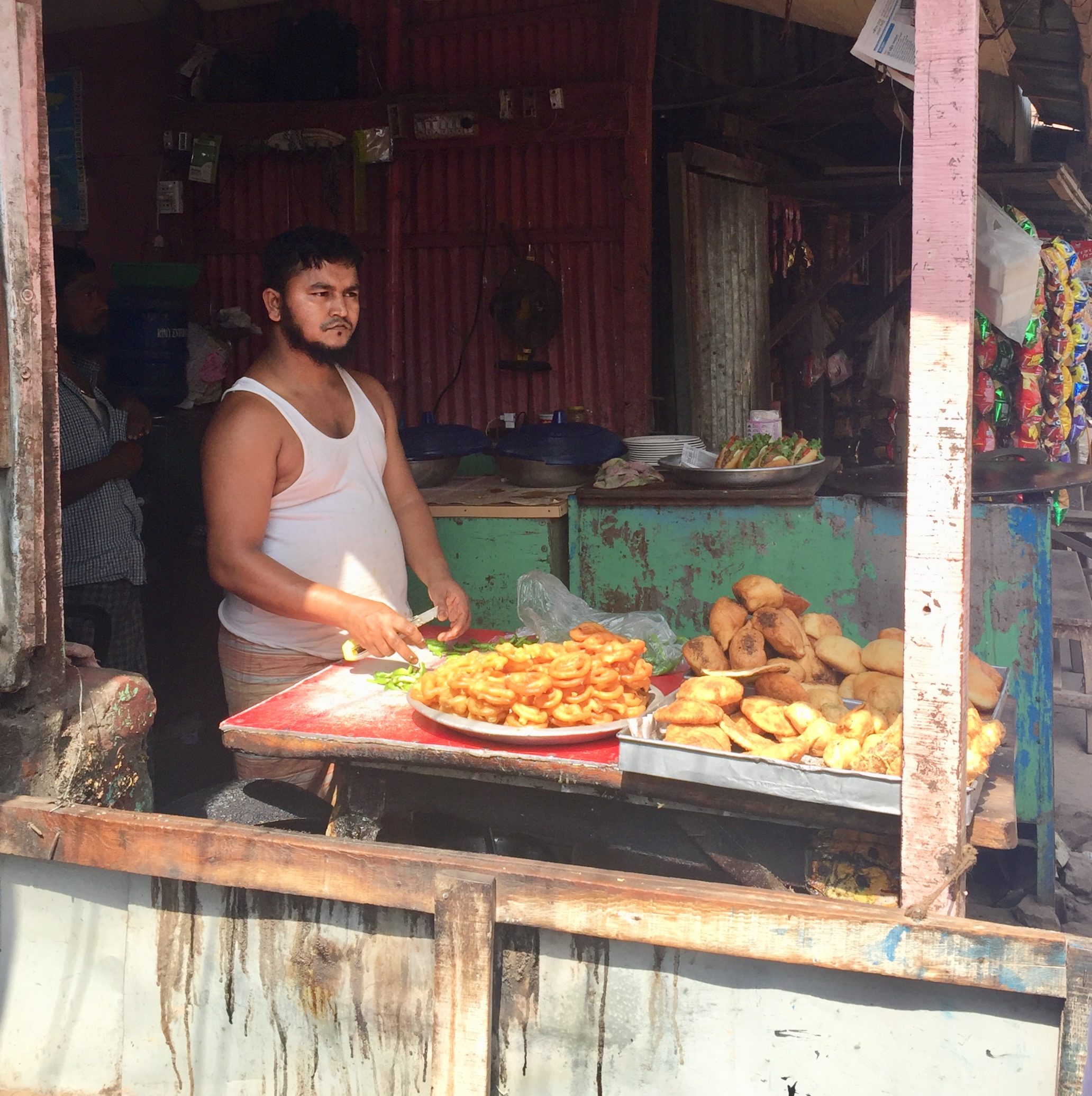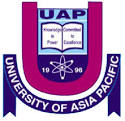Early Career Researchers’ Network
INTALInC is working to build a vibrant network of early career researchers to bring fresh perspectives in transport justice and sustainable mobilities. We are interested to understand more about our ECR membership and your needs in terms of building a useful resource. Can you help us by completing this short survey?
INTALInC ECR network is supported by a programme of events.
Early Career Researchers’ showcase, 8th April 2021
Is informal transport flexible?
Tamara Kerzhner, University of California, Berkeley
Streets for mainstreaming women’s access to mobility in cities
Rithvika Rajiv, The Urban Catalysts
The cost of job-seeking in Cape Town
Tracy Mutugi, University of Cape Town
Partner organisations
Stockholm Environmental Institute, University of York
TIMCON Associates
Share the Road
Institute for Transportation and Development Policy
Nairobi Metropolitan Transport Authority
Sustainable Transport Africa
Walk21
Stockholm Environment Institute Africa
Stockholm Environment Institute Asia
Equitable Mobility for City Health and Wellbeing
For many East African residents, travel around cities is problematic due to poor pedestrian and cycling infrastructure, congestion leading to long travel times, and exposure to pollution and safety hazards, all of which impact on health and wellbeing, particularly for those in the most vulnerable groups.
INTALInC is working with lead partners at the Stockholm Environment Institute, University of York, and contributors at TIMCON Associates, UN Environment Share the Road, the Institute for Transportation and Development Policy, UN Habitat, the Nairobi Metropolitan Transport Authority, Sustainable Transport Africa, Walk21, SEI Asia and SEI Africa, on Equitable Mobility for City Health and Wellbeing, a project looking at the daily challenges and risks faced by urban residents in Nairobi and Mombasa. The project uses novel health measurements, journey mapping and storytelling to understand the different dimensions of these challenges on psychological and physical health and wellbeing and to analyse how the informal mobility solutions adopted by vulnerable groups interact with official mobility infrastructure and systems.
Equitable Mobility for City Health and Wellbeing works from an interdisciplinary perspective to enable a holistic consideration of the ways in which health and wellbeing intertwine with infrastructure, governance and behaviours in rapidly changing cities. Having identified particular pressing challenges emerging from this approach, the project team will engage engineers and vulnerable groups to co-design solutions to improve mobility, and facilitate better access to work, education, healthcare and opportunities.

Sustainable Transport Equity Partnerships
INTALInC worked in collaboration with international NGO Walk21, the UN Environment Share the Road programme, the Institute of Development at the University of Nairobi, the Department of Civil Engineering at University of Asia Pacific, and the School of Environment, Education and Development at the University of Manchester to run a project aiming to develop walkable cities in the global south.
One of the gaps identified in INTALInC’s research is the severe inadequacies of walking environments in transport policies in the global south. Walking can constitute up to 75% of all journeys in low income countries, as the only available and affordable mode to access work, education, markets and healthcare. But fundamentally, many of the environments people are walking in are unsafe and unpleasant.
STEPS Resources
Walkability and accessibility
audit (Dhaka)
Ongoing construction of auto-dependent travel environments is creating soaring traffic deaths, chronic congestion and poor air quality. The poorest populations and especially women, children, older and disabled people suffer more restrictions on their travel and are more vulnerable to violence and harassment in the public sphere. This means that global south cities urgently need to promote pedestrian environments that are inclusive, safe and connected to achieve a number of their related Sustainable Development Goals such as reduced inequalities, gender equality, and improved access to services.
We have worked with global south cities to help them design and deliver the pathways for improved walking environments through Sustainable Transport Equity Partnerships (STEPS). We will work with local communities on the ground on the methods to promote stakeholder dialogue and instigating and managing evidence-based action so that they are able to engage key decision-makers, transport policy managers and municipal police forces, and investors in their plans.












